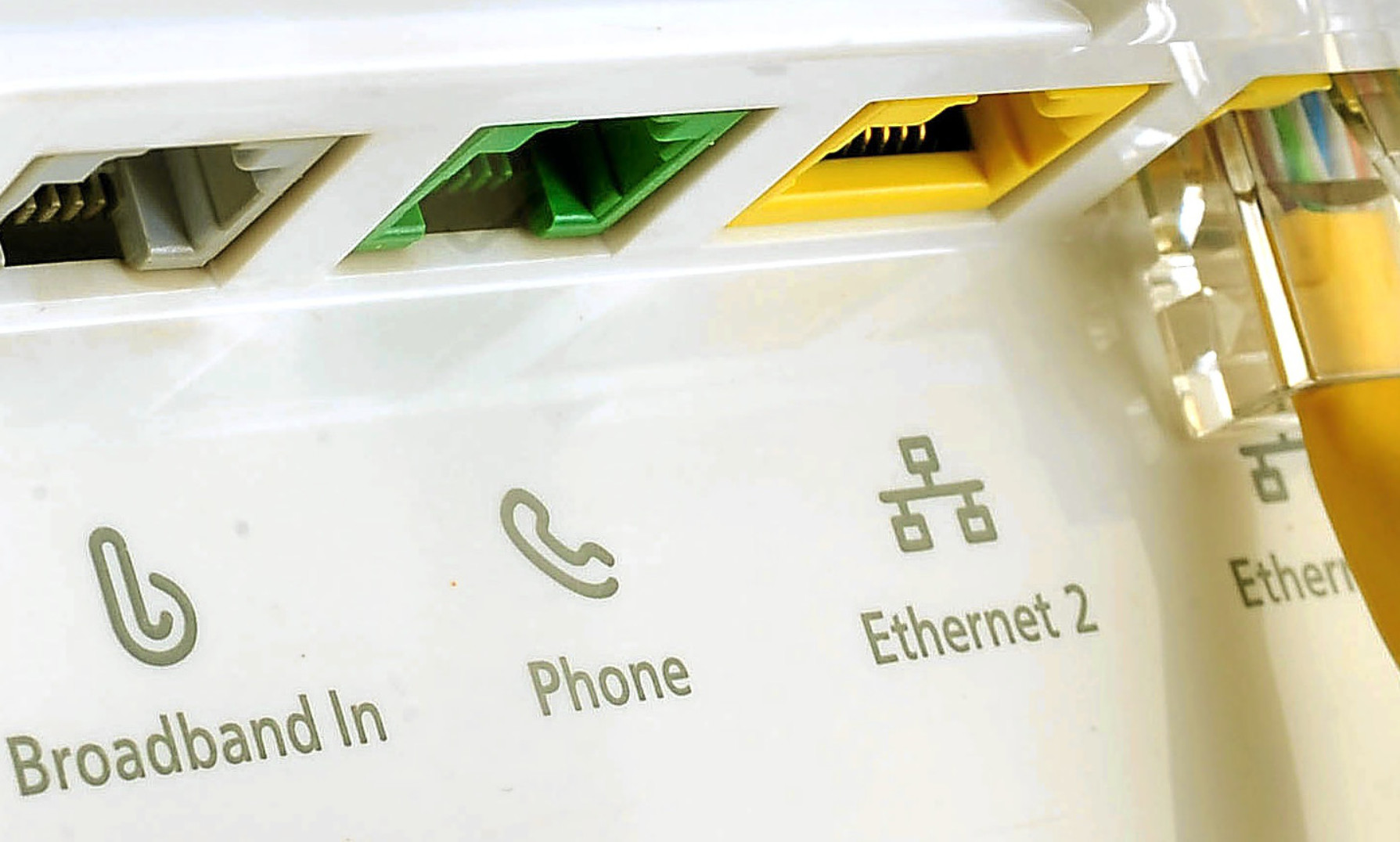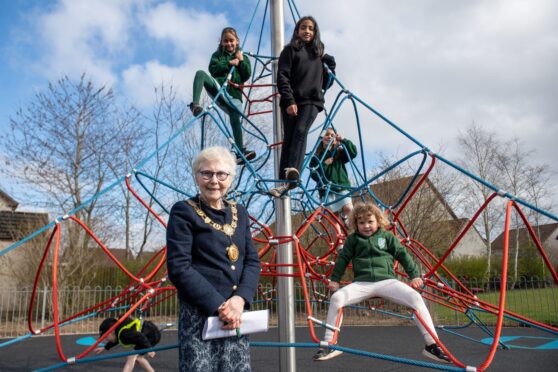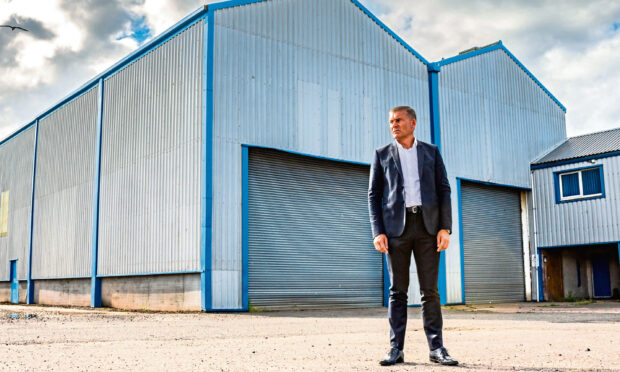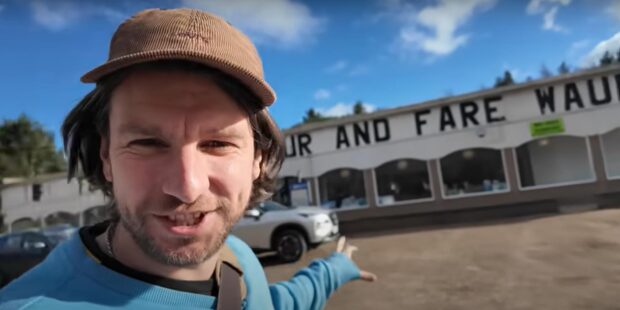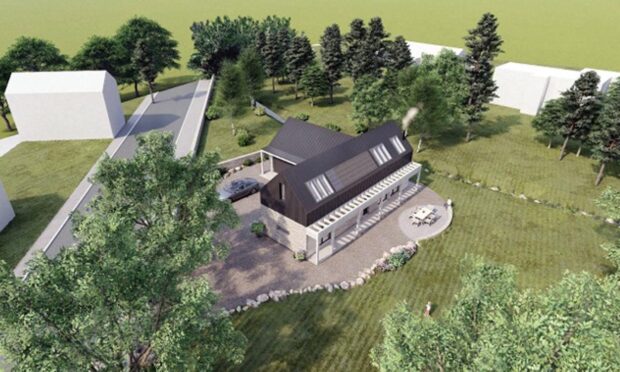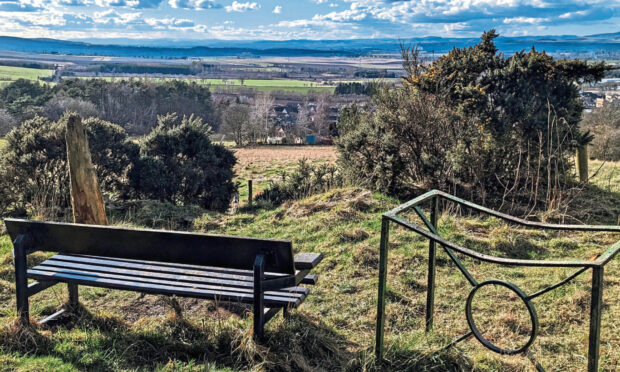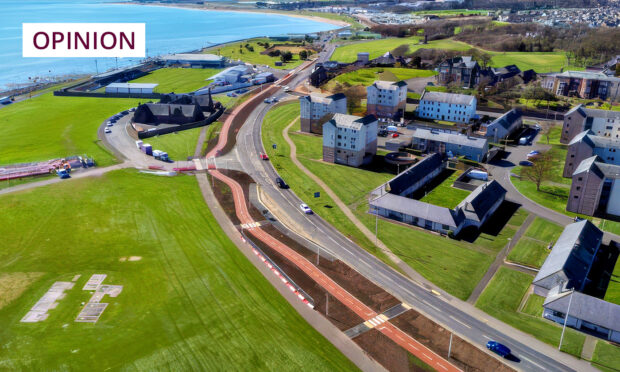The “blatant inequality” of broadband coverage in Tayside has left people in rural Angus “feeling like second class citizens”.
That’s the view of Lib Dem Ben Lawrie, ward member for Monifieth and Sidlaw, who hit out at the “postcode lottery” despite the Scottish Government’s aim for Scotland to become a “world class digital nation” by 2020.
Mr Lawrie said it was important that rural communities are not left behind and wants the council to work with telecoms providers to improve the quality of coverage across the county to “an acceptable level for all residents”.
“It is frustrating to see this postcode lottery coverage,” said Mr Lawrie.
“Our neighbours in Dundee are lucky to have the fastest average download speed in Scotland, amongst the fastest in the UK.
“Meanwhile, here in Angus, fewer than 65% of premises can receive an average speed of more than 24Mbs.
“The biggest gripe people seem to have is the blatant inequality of services.
“People in rural areas often feel like second class citizens compared to residents in more busy areas.
“They have poorer download speeds; they have poorer mobile phone coverage — in the 21st century people should all have equal access to these services no matter where they live.”
Mr Lawrie campaigned with the Lib Dems on mobile phone and internet coverage in run up to the local elections.
He said: “In these modern times, dependable and fast access to the internet is becoming ever more important.
“We’re becoming more reliant on internet access for things like work, communicating with friends and family, online banking and shopping — even paying for our garden waste.
“As the internet becomes more central to our everyday activities we need to make sure that rural areas are not left behind.”
A council spokeswoman said broadband and mobile coverage “is essential for Angus companies and residents”.
She said: “It is of vital importance to many aspects of an urban and rural life and economy.
“That’s why Angus Council is investing in infrastructure to support our existing businesses and residents as well as attract investment, create jobs and help make Angus the best place to live and work.
“In September our Business Angus Team are piloting a project to support digital connectivity for businesses in Angus who are not currently able to access superfast broadband.
“The team are working to establish connectivity at two sites in Arbroath and Forfar which will also allow us to extend to support two local business parks as well as more rural businesses where infrastructure permits.
“We hope that there may be opportunities to work with local businesses to ascertain whether this infrastructure can also assist with their digital connection needs.
“It is recognised that this is a fundamental part of any business and Angus Council is committed to supporting the Scottish Government’s aim for Scotland to become a world class digital nation by 2020.
“We are interested in hearing from businesses directly about the challenges of digital connectivity and opportunities that could support business growth.”
A spokesperson for the Scottish Government said: “This government is the only administration in the UK committed to providing 100% access to superfast broadband.
“We are committed to giving every home and business in Scotland access to superfast broadband by 2021, and are on schedule to do so, even though broadband is a reserved function like defence and foreign affairs and is the responsibility of the UK government to fund and deliver.”
Angus MP meets UK Minister to push local case
Angus MP Kirstene Hair has met the UK Government’s Minister of State for Digital Matt Hancock MP to push the local case for improvements in broadband speeds.
Mr Hancock said the contracts to get broadband to Scotland were “signed more slowly than those for England and Wales”, and that was “because we devolved responsibility to the Scottish Government”.
Ms Hair said: “In my first few weeks as an MP, I have already been contacted by constituents with concerns about broadband speeds.
“This is a very important issue for rural areas like Angus.
“We are so reliant on broadband connections nowadays – not just for household use, but for local businesses and pupils studying in our schools.
“Recent surveys have confirmed that the speeds that people are experiencing in Angus fall far below what is expected, and are way behind city areas including Dundee.”
She continued: “I will continue to push for improvements in the Angus area to ensure that no-one is left behind.”
